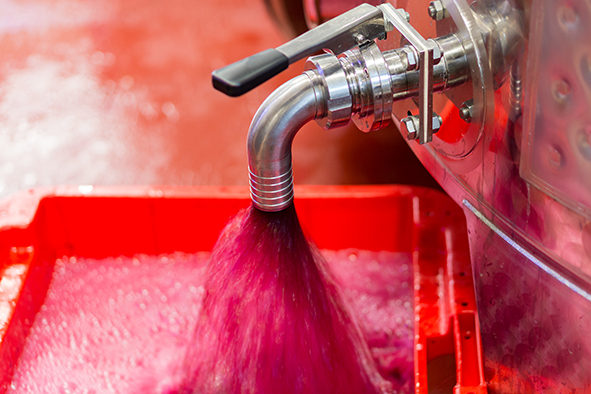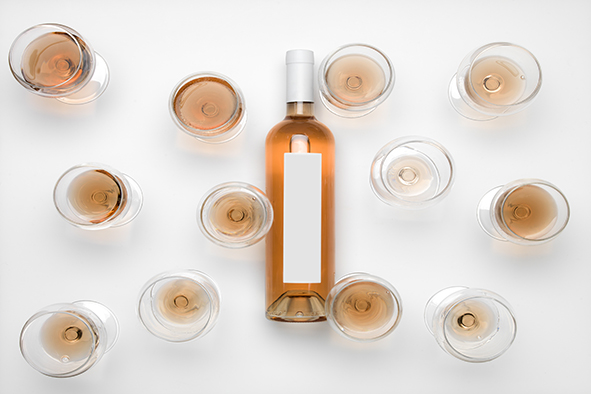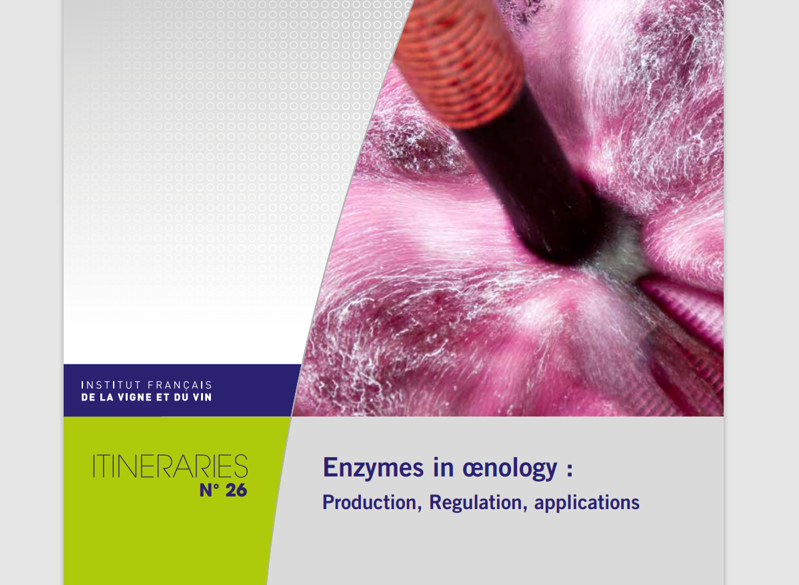The main objectives of this study were to decrease wine alcohol content by combining several techniques, from the vineyard to the cellar.
The combination of these techniques should allow to decrease alcohol in wine by 2% in volume.
A two-years trial was focused on two main cultivars of the south-west of France vineyard: Tannat N and Gros Manseng B. By now, in the context of climate changing, the grapes often raise a high level of sugars, up to or more than 15 % of potential alcohol.
In the need to delay ripening and create more digest wines, three cultural techniques were tested and compared to a control:
- leaf removal on the upper part of the canopy,
- reduced canopy by late hedging
- and anti-transpirant spraying on the full canopy.
Those techniques were combined with a biological process to reduce alcohol production using yeast with a low alcoholic yield. Four replicates were vinified with both low yield yeast of Saccharomyces Cerevisiae and control yeast.
Results showed that late hedging was the most efficient to reduce ripening on both cultivars but had also an impact on other parameters such as acidity and polyphenols.
The other viticultural techniques assessed also showed efficiency in reducing ripening.
During winemaking, low alcoholic yield yeast leads to lower alcohol content with more acid wines and lower volatile acidity content.
- [Webinar] Solutions for alternative weed control #1 Electric weeding – Case studies in vineyard, grassland - 27 April 2023
- Mechanical weeding and required technical skills - 26 March 2023
- 10 questions and answers about plant cover in the vineyard - 25 March 2023
- What are the new avenues of research in system experimentation? - 23 March 2023
- What is clonal selection? - 23 March 2023
- Phthalates : Potential sources and control measures - 23 March 2023
- Rosé wines: impact of storage conditions in tank on the polyphenol composition and color - 29 March 2021
- Reducing alcohol content in wines by combining canopy management practices and biological techniques - 29 March 2021
- Enzymes in oenology : production, regulation, applications - 29 March 2021
- Herbicide-free strategies - 26 March 2021




Réagir à l'article
Pour pouvoir laisser un commentaire, vous devez être inscrit sur notre site.
M'inscrireL'inscription est gratuite.
Déjà inscrit
Lost your password?